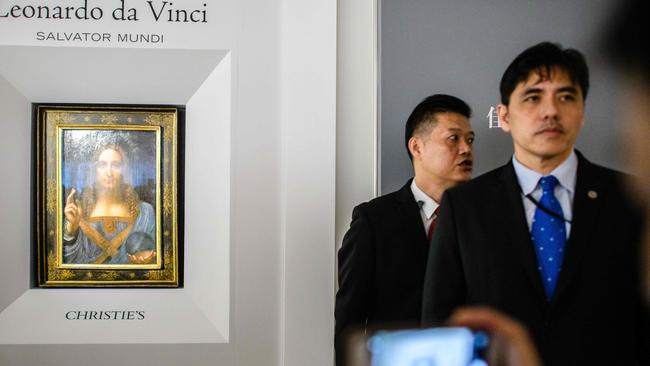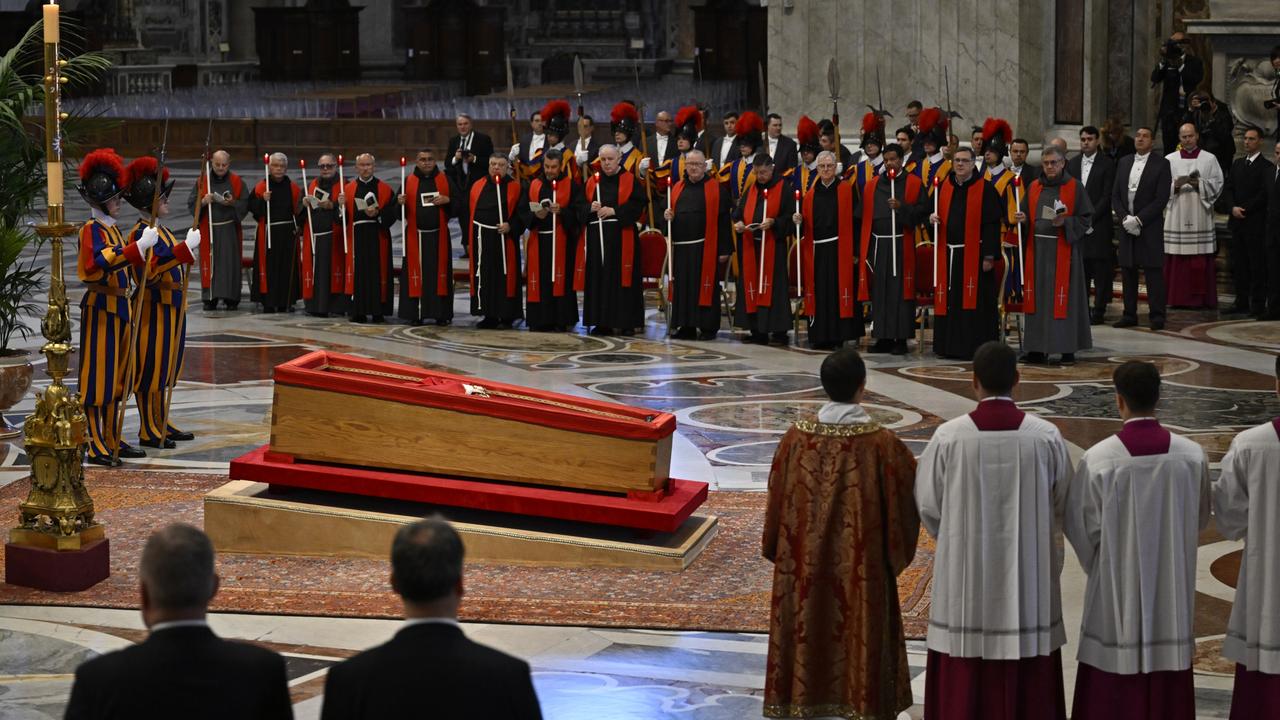CIA confident it has led Chinese mole to its honey pot
Almost eight years ago the CIA noticed that its people on the ground in China were starting to disappear without explanation.

Almost eight years ago, the CIA noticed that its people in China were starting to disappear.
One by one, CIA sources vanished without explanation. It was only later that the CIA learned that at least a dozen of these sources had been shot by authorities, including one in front of his work colleagues. Another eight or so CIA sources were imprisoned.
Collectively, the losses are considered the worst for US intelligence since Aldrich Ames of the CIA and the FBI’s Robert Hanssen passed secrets to the Russians two decades ago.
A taskforce called Honey Badger was set up to find the Chinese mole. Now some in the CIA believe it may have finally found the mole, even if he is yet to be charged with espionage.
The arrest this week of 53-year-old Jerry Chun Shing Lee as he walked off a plane at New York’s JKF airport from Hong Kong, where he had been living for the past five years, may be the breakthrough the CIA was long hoping for.
It comes at a time of growing concern in the US and Australia about the scale of Chinese spying and counterespionage activities against the West.
Lee, a US citizen and army veteran, served as a CIA case officer from 1994 to 2007, posing as a US diplomat while serving in both Beijing and Tokyo.
In 2012, as Honey Badger was trying to find the mole, FBI agents concluded that Lee — despite having already left the agency — had known many of the CIA sources in China who were disappearing. They secretly searched Lee’s hotel room during stays in Virginia and Hawaii.
They discovered books with handwritten notes detailing classified information including the identities and locations of covert CIA sources.
Despite this, the CIA was divided over the causes of the losses in China, with some believing there was no mole but that China had hacked into the CIA’s system. It chose not to arrest Lee at the time, fearing arrest would tip off China. Also, by the end of 2012, the CIA’s sources in China stopped disappearing. So the agency took a risk and allowed Lee to move back to Hong Kong while they watched and waited.
When he returned to the US this week, he was arrested and charged with unlawful retention of national defence information, which has a 10-year prison term.
But Lee has not been charged with more serious espionage offences, even though he has been the prime suspect of the Honey Badger mole hunt.
The problem for authorities is that while he was found to possess classified information, they would have to prove he gave that information to a foreign government.
“This is an example of the system working,” Justice Department spokesman Ian Prior said. “The defendant arrived in this country, we apprehended him, and he has been charged with an extremely serious offence.”
Others wonder whether Lee might never be charged with espionage. “Absent any proof, there’s not much you can do with it,” one former official was quoted as saying. “There’s lots of smoke around this guy. They couldn’t prove anything.”
Lee’s arrest is the third in one year of a US official suspected of helping Chinese spies.
Ex-CIA officer Kevin Mallory was arrested last June on allegations that he sold secrets to Chinese agents for $US25,000.
Candace Claiborne, a China-based US diplomat, was charged in March for allegedly accepting tens of thousands of dollars in cash and gifts from Chinese intelligence.
This week, it was revealed that US counter-intelligence officials early last year warned Jared Kushner, Donald Trump’s adviser and son-in-law, about his contacts with prominent Chinese-American businesswoman Wendi Deng Murdoch.
According to The Wall Street Journal, the officials said Ms Deng Murdoch may have been using her close friendship with Mr Kushner and his wife, Ivanka Trump, to advance the interests of the Chinese government.
The officials were concerned that Ms Deng Murdoch was lobbying for a $US100 million Chinese-funded construction project in Washington that included a 23m white tower that could potentially have been used for surveillance.
Ms Deng Murdoch, Mr Kushner and Ms Trump have not been accused of any wrongdoing and Ms Deng Murdoch’s spokesman said she had “no knowledge of any FBI concerns or other intelligence agency concerns relating to her or her associations”.
Ms Deng Murdoch is the former wife of Rupert Murdoch, the executive chairman of News Corp, publisher of T he Australian.
Cameron Stewart is also US contributor for Sky News Australia




To join the conversation, please log in. Don't have an account? Register
Join the conversation, you are commenting as Logout